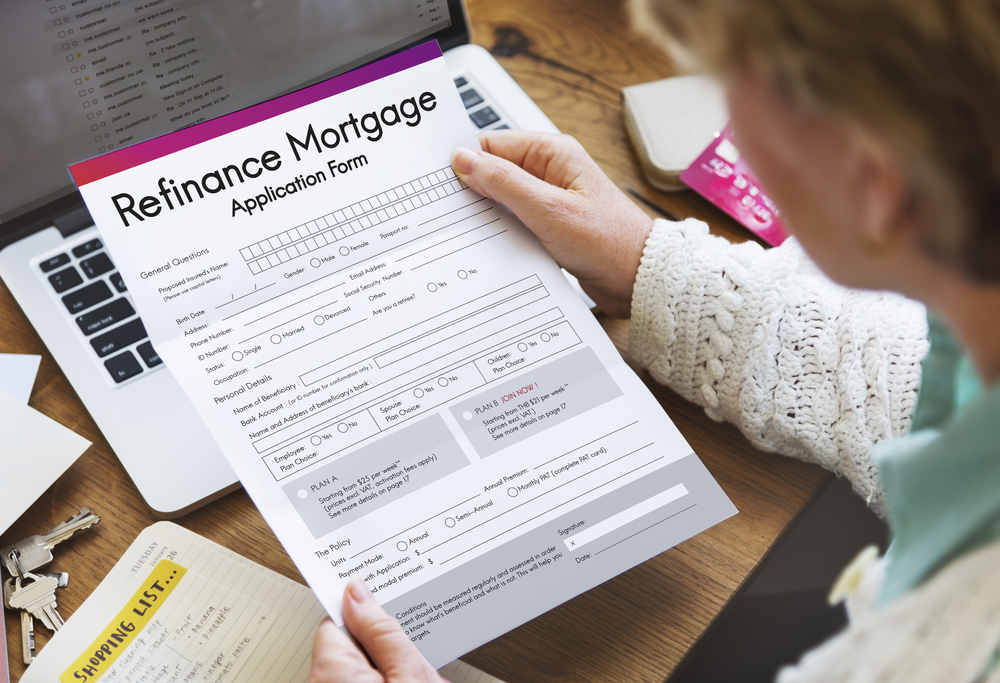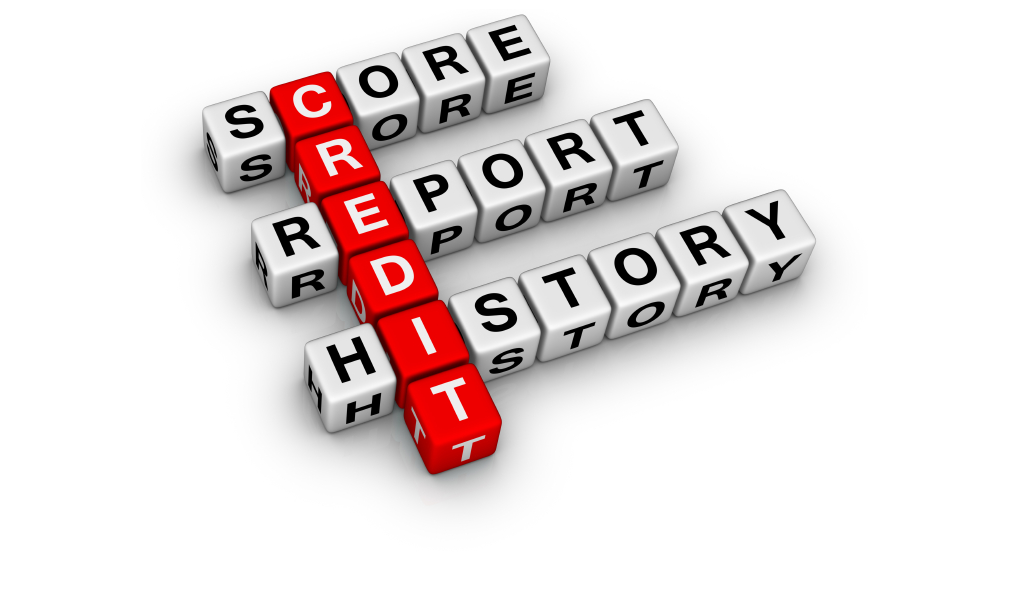The Ultimate Guide to Mortgage Refinance
Advantages of a Mortgage Refinance
If you’ve gotten this far, then you probably have a firm understanding that refinancing your mortgage, when done correctly, can offer numerous savings and benefits. Primarily, millions of homeowners refinance in order to get a lower interest rate on their mortgage.
Here are some other advantages to consider by refinancing your mortgage:
- Improve your credit score: If you are encumbered with debt, but have significant equity in your property, you can take a cash-out refinance to pay down other outstanding balances and boost your credit score.
- Increase home equity: On the other hand, refinancing your home mortgage is a great opportunity to build even more equity. You can take the immediate monthly savings and put it toward paying off your payments.
- Reduce your mortgage term: If you have a 30-year mortgage program that you’ve been paying for several years, you may be able to refinance into a 20-year mortgage program instead to save on years of interest payments.
The savings you can accrue with lower monthly payments can be put toward awesome new things, or stashed away in a bank for other important investments.
Risks of a Mortgage Refinance
While refinancing a mortgage can offer a lower monthly payment and save money, there are also mistakes and traps to be avoided. Many of these mistakes can be costly, such as prepayment penalties, which I discuss in the following section.
Below are two dangers to consider before you decide to refinance.
- Refinancing can stretch out your loan terms: When you refinance, you are essentially getting a completely new loan. If you are only a few years into your 20 or 30-year loan, refinancing can stretch out your payments for several more years since the payment term is ‘refreshed.’
- You can withdraw money when you refinance: Every time you refinance, it’s very easy to take out the equity you’ve built up over the years as instant cash. This sum can be put toward a vacation, renovation, or college education. However, it’s also important to note that money borrowed is money that must be paid back eventually.
The Cost of a Mortgage Refinance
Refinancing your mortgage doesn’t come free. In some cases, refinancing comes with as many costs as the initial mortgage. When considering a refinance, it’s vital to determine whether or not the savings you’ll get from a lower interest rate will offset the costs you’ll incur.
The closing costs for a refinance cover a wide range of fees. I outline the most common ones below:
- Application fee: There is a charge incurred when lenders check your credit report. The processing fee is also generally rolled into the application costs.
- Attorney review fees: You may get charged for the lawyer who conducts the closing for the lender.
- Home inspection fee: Before you get your refinance loan, the lender may ask that you get your home inspected for structural problems, termites, and other pests.
- Title search and insurance: This charge covers the cost of a policy and insures the policyholder for a specific amount. This may also cover the cost to review public records to verify ownership of your property.
- Prepayment penalties: Ironically, penalties may be imposed upon you if you pay off your mortgage early. Check the fine print of your current mortgage to make sure these penalties don’t exist.
Recap
The rewards for refinancing are immense. Doing so will likely free up more money for you to spend elsewhere. You could buy a new car. You could open up a college savings plan for your child.
Or you could simply spend a little more money enjoying life. Whatever you choose, it'll likely be an improvement over your current situation.








